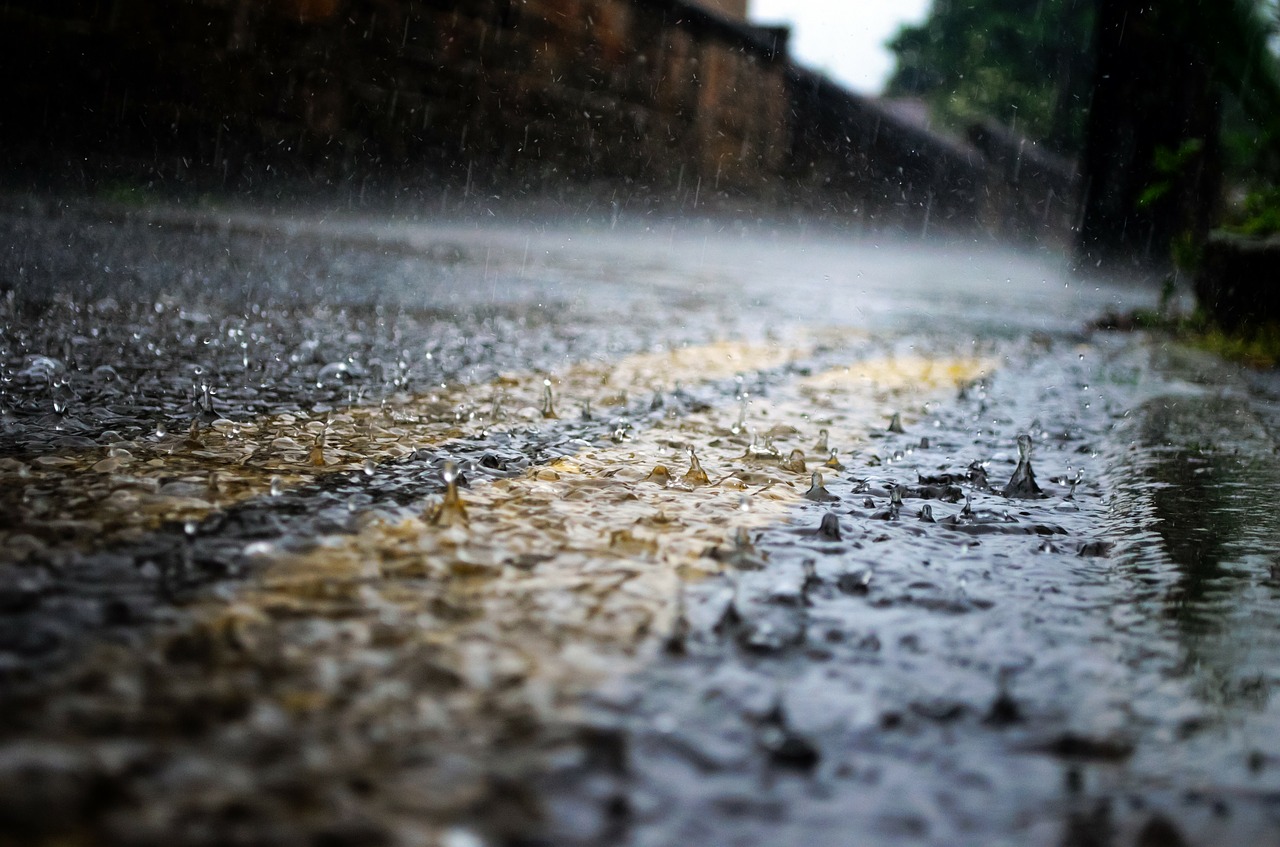An increasing number of homeowners are being required to manage their home’s storm water runoff. In some cases, homeowners are charged an extra fee by water and sewage companies for not properly managing their storm water runoff. So, in order to help the environment and save money, it is a great idea to start managing the rainwater that falls, quite often here in Vancouver, Camas, and Washougal, Washington, on your property.
Why You Should Care About Storm water Runoff
Storm water runoff causes various problems for the local environment. Mass amounts of rainwater runoff can cause flooding by overwhelming storm drains. Storm water runoff stirs up and carries away pollutants from concrete and asphalt (such as motor oil) which makes its way to numerous waterways. Dealing with and managing storm water will take the help of everyone in order to succeed in solving these problems.
A Few Ways to Minimize Storm water Runoff Around Your Home
Decreasing the number of impervious surfaces that surround your property will help in managing storm water. Break up slabs of concrete and replace those areas with pavers, bricks, or masonry stones. These materials allow the water to soak into the spaces between the stone.
Adding plants, especially anywhere that storm water generally collects, will also help to minimize the excess water. As the water soaks into the soil, plant roots help filter out any pollutants from the water.
Collecting rainwater is yet another way to safely minimize the spread of pollutants into waterways. Hooking a 55-gallon drum up to your gutters downspouts is a relatively simple task. This will allow you to collect, store and re-purpose rainwater in your garden and around your home.
You can also construct a rain garden. A rain garden is configured to catch and slow down rainwater. Usually, a rain garden is built in low-lying areas or at the base of a slope. Sometimes downspouts can be redirected to these locations as well. Rain gardens are essentially made from layers of soil, plants and mulch. Rain gardens absorb mass amounts of rainwater runoff and clean out pollutants.
These are just a few ways in which to decrease the amount of storm water runoff that occurs on your property. As always, Urban Eden Landscaping would love to help with your landscape needs! For help with these projects or for more information about managing storm water runoff, please Contact us today or fill out a free estimate form online.

